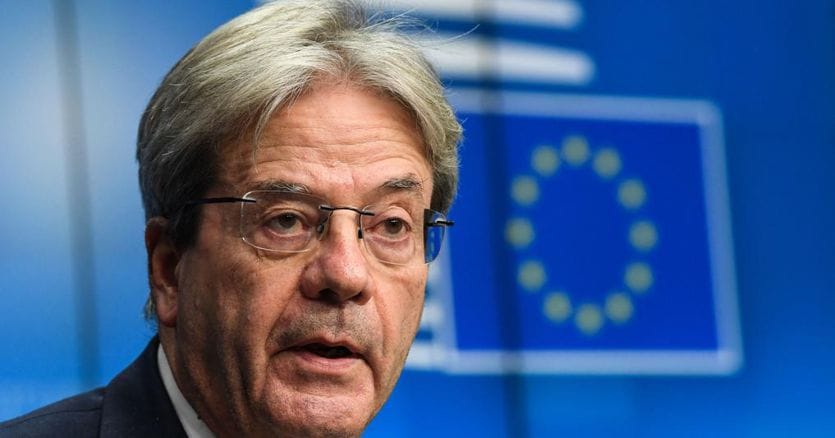FROM OUR CORRESPONDENT
BRUSSELS – The Union’s finance ministers have approved here in Brussels new rules in the management of rates relating to value added tax (VAT). The aim is to give member countries greater flexibility in adopting minimum rates in order to favor goods and products linked to the digital revolution, the environmental transition and public health in general. Among other things, bicycles will be rewarded and chemical fertilizers penalized.
“This dossier has been discussed in the Council for a long time, and I am happy that we have found a way to bring it to a close,” commented Slovenian Finance Minister Andrej Sircelj on behalf of the Slovenian presidency of the Union. The current VAT rules, agreed in 1992, are now considered obsolete and too restrictive. They allow Member States to apply reduced rates to only a handful of sectors and products. The new EU rules continue to provide for a minimum standard rate of 15%. At the same time, member countries will also be able to adopt lower rates, with a floor set at 5%, on two products and services from 24 specific categories. They will also have the right to adopt a rate of less than 5% and a complete exemption from VAT on products and services relating to categories deemed essential (i.e. food, medicine, pharmaceutical products).
Enlarged list
Specifically, the list of products to which a minimum rate of 5% can be applied has been revised to include digital services, public health protection products, bicycles or solar panels and all those goods that “can contribute to environmental priorities of the European Union ‘. Governments have until 2030 to adapt their rates to the new rules to the priorities of the new Green Deal.
It should be noted that the reduced rates and exemptions for chemical fertilizers and chemical pesticides will have to be abolished by 1 January 2032, to give small farmers more time to adapt, the Council explained on Tuesday 7 November announcing the agreement. Commenting on the agreement, the economic affairs commissioner Paolo Gentiloni spoke of an “important result”, obtained after “years of negotiation” and which will allow governments to adopt rates more in line with national policies.
Mosaic of tax rates
“In the current system – explains Brussels in justifying the reform – some countries were given the authorization, at the time of their accession to the Union, to apply derogations such as exemptions and reduced rates to specific items for which this treatment is not normally allowed. These derogations and exemptions have led to a patchwork of tax rates across the Union, to unequal treatment between Member States and a possible distortion of competition. ‘
